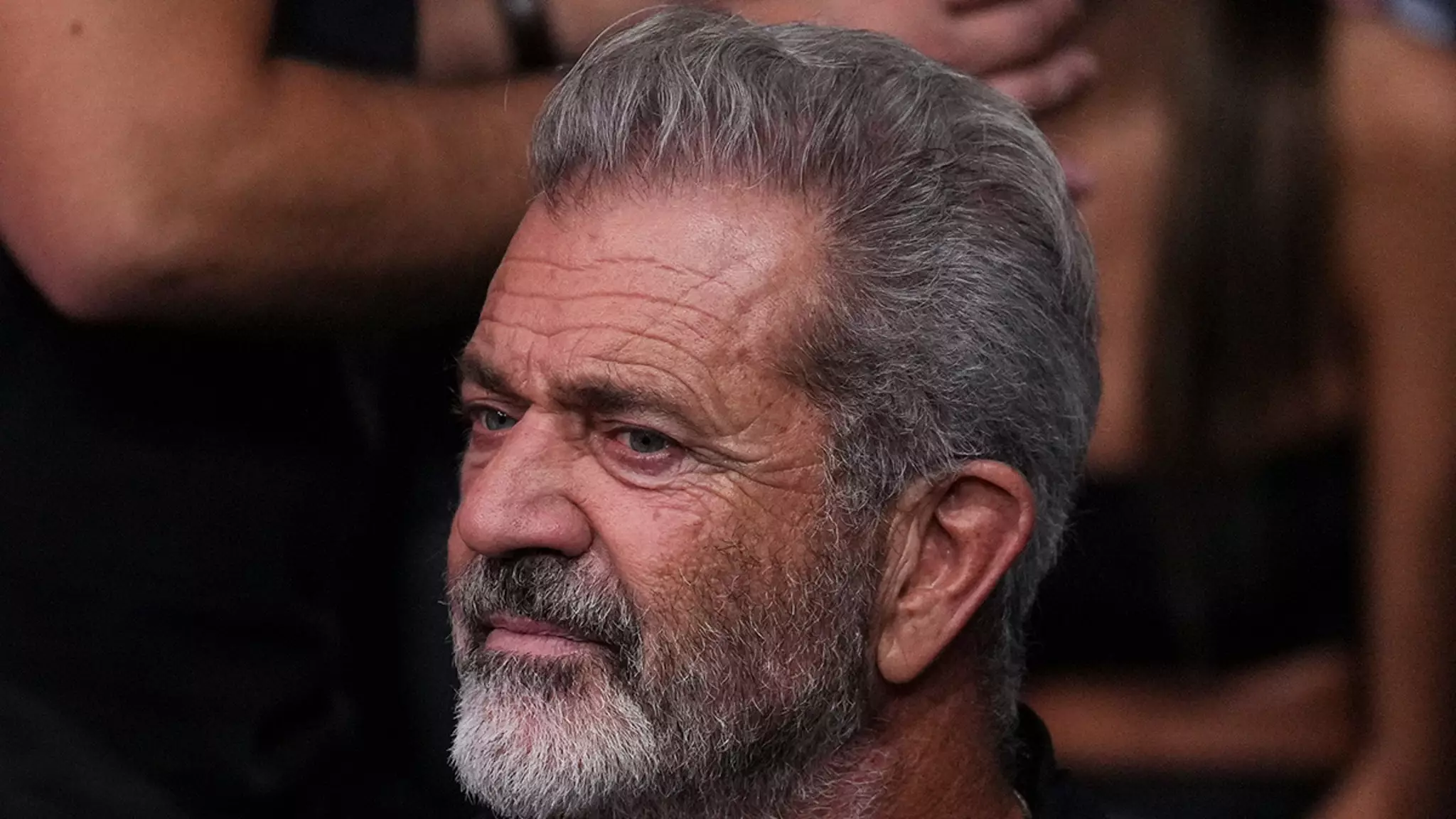The recent news surrounding Mel Gibson’s restoration of gun rights has ignited a storm of debate in American society, especially given the complex dynamics at play with political figures like President Trump. For context, Gibson faced legal issues stemming from a 2011 battery charge related to his ex-girlfriend, which had previously barred him from purchasing firearms. However, an intriguing turn of events now allows him to reclaim these rights. This development raises significant questions about our justice system, the notion of rehabilitation, and the influence of personal relationships within governmental structures.
Gibson’s case is emblematic of a broader trend where individuals with criminal records seek to reinstate their rights, reflecting a critical discourse about the efficacy and fairness of our legal system. Supporters of gun rights often argue that once individuals have served their time, they should have a chance at a fresh start—notably regarding constitutional rights. Yet, when celebrity influence, and particularly a connection to a sitting president, colors such decisions, it begs a closer examination of privilege and power dynamics in American justice.
The Role of Political Influence
The factors contributing to Gibson’s reinstated gun rights reveal a deeper undercurrent of political maneuvering. Reports indicate that Elizabeth G. Oyer, the former U.S. pardon attorney, was fired for opposing Gibson’s case. This situation raises alarm bells about the integrity of the Justice Department’s processes. Is it acceptable for personal relationships to dictate outcomes in legal matters, especially when those decisions directly affect public safety?
Gibson’s ties to Trump are evidently significant; the notion that a high-profile connection could sway federal legal decisions is both unsettling and revealing. It reflects a system where the elite may effectively sidestep the typical hurdles faced by ordinary citizens. While the restoration of rights speaks to America’s ideals of redemption and forgiveness, it is critical to scrutinize who exactly benefits from these policies. The disparity in treatment of the affluent compared to the average individual could pose risks to the justice system’s legitimacy.
Public Response and Broader Implications
Public reaction to Gibson regaining his gun rights has not been subtle. Many advocates for reform and victim rights have expressed discontent, feeling that a message is being sent that celebrity status can overshadow serious legal repercussions. The controversy surrounding this decision points to larger societal tensions regarding gun ownership and the perceived inequities in the justice system.
Moreover, the conversation about gun rights often intersects with dialogues on societal safety and the impact of past convictions on present realities. While many such discussions emphasize an individual’s redemption arc, the inclusion of a celebrity, especially a controversial one, complicates these narratives. It begs the question: are we valuing fame over accountability?
In light of these developments, the lines between justice, personal connection, and political influence need careful examination. As the discussions unfold, it is vital to consider the implications not just for individuals like Mel Gibson, but for the entire framework of American justice and the equitable treatment of its citizens. The tensions sparked by this decision reflect a country grappling with its values and the protections afforded to those who wield power.

